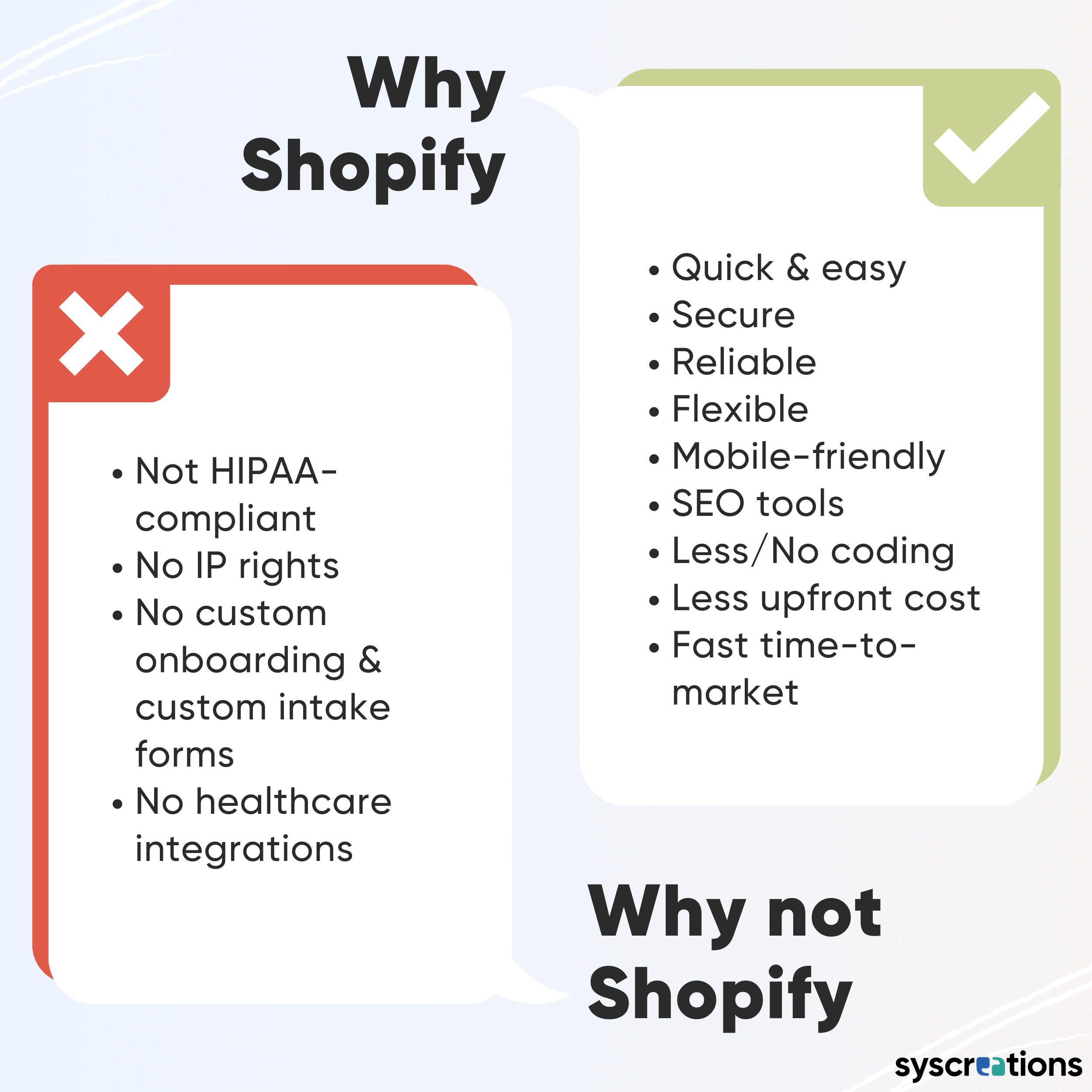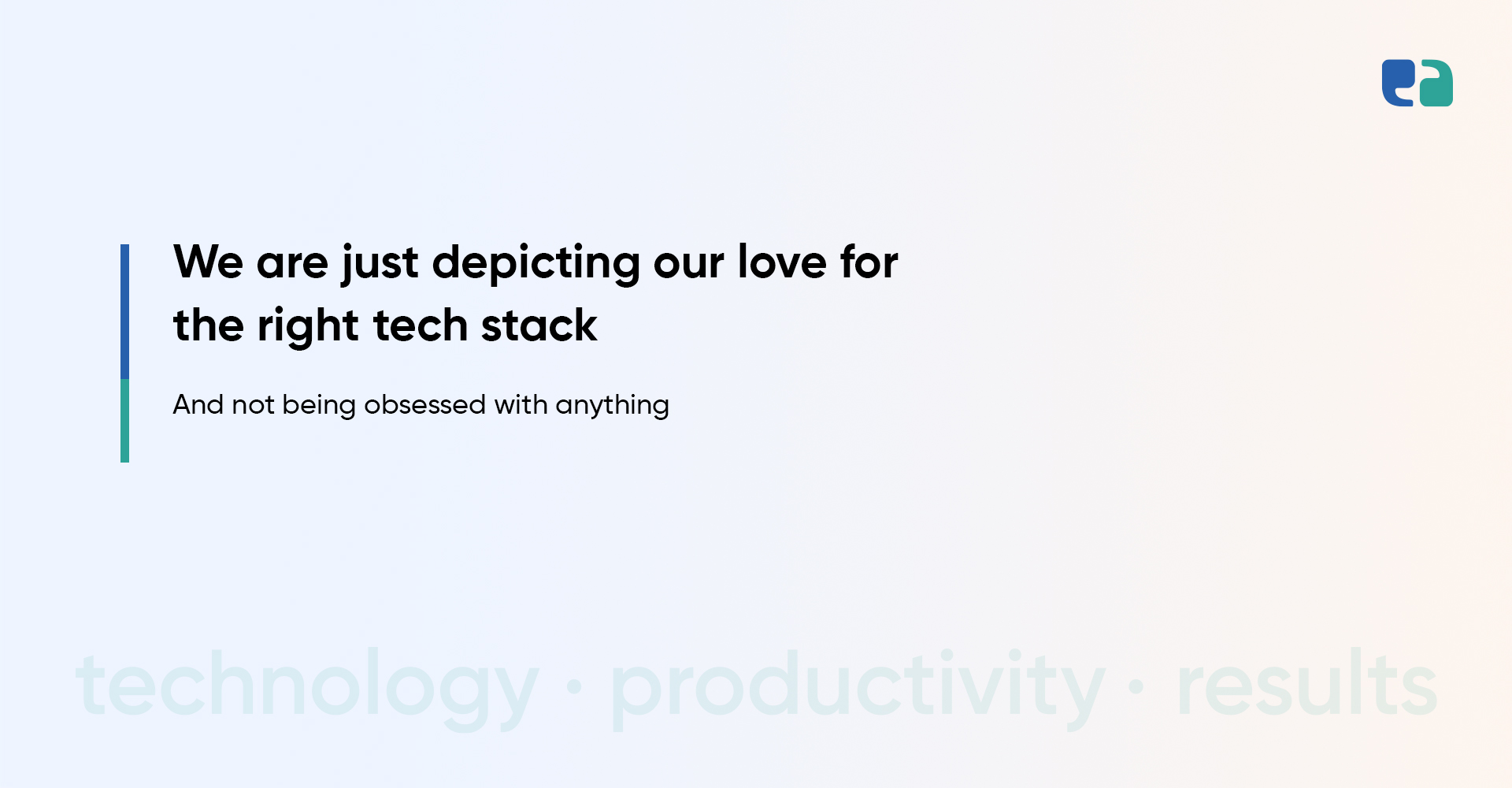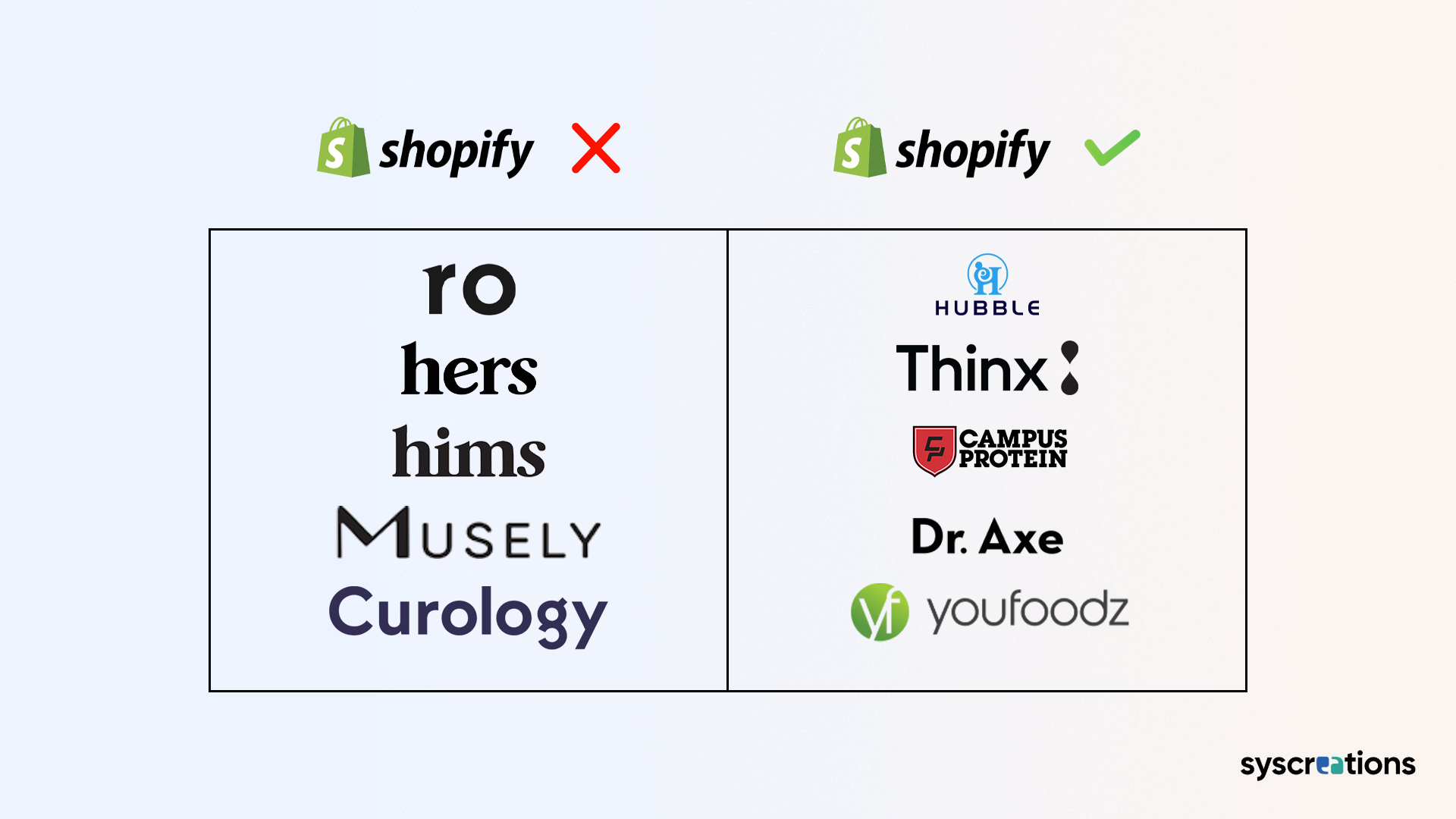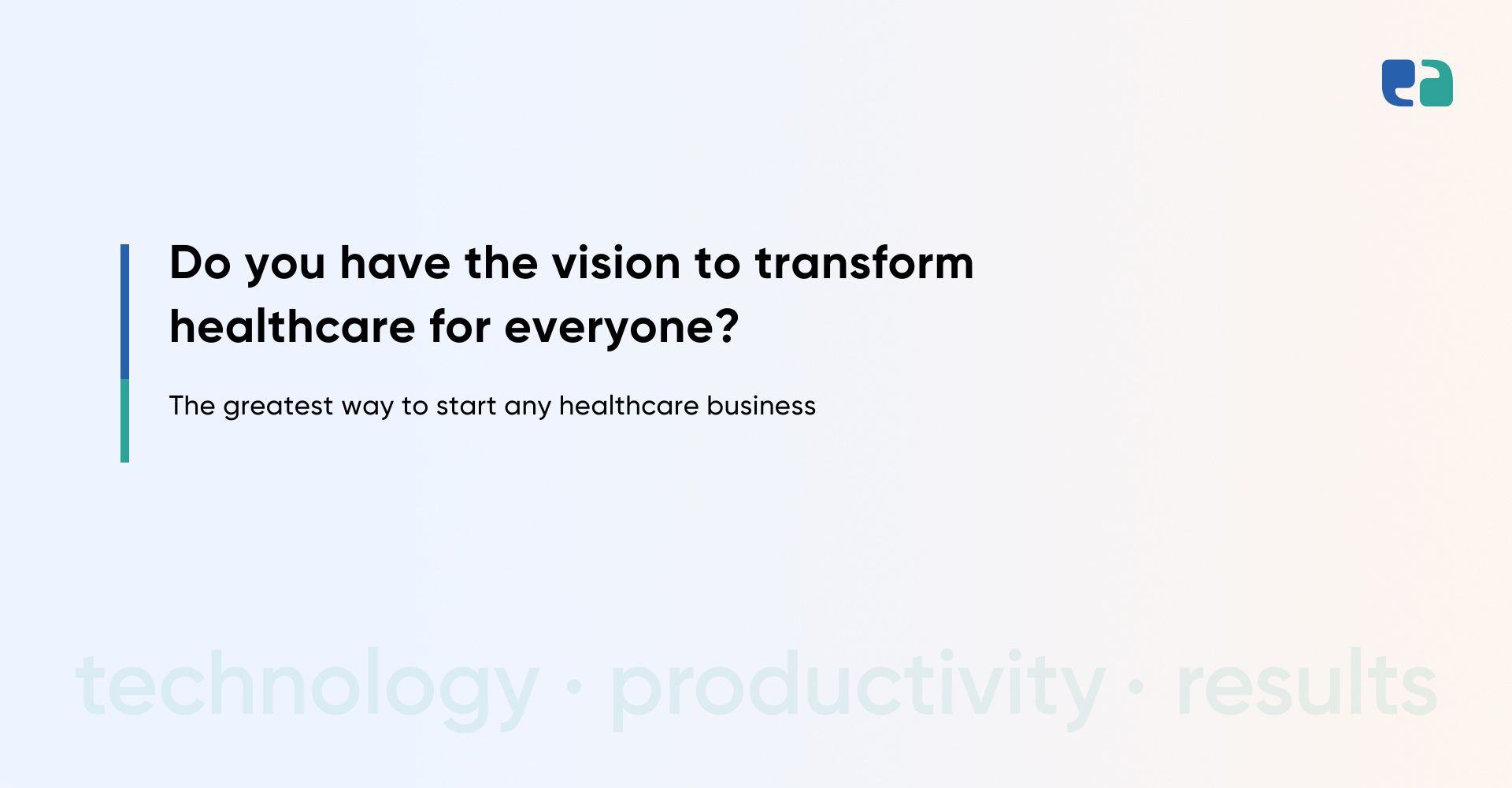So, the question is, why some healthcare brands are considering Shopify while others are not? Do those other brands have better solutions (and vision) than what you have?

Then why are healthcare brands still using Shopify in their tech stack?
Here, we don’t have to address healthcare as a whole. We need to go deeper and address its micro-segments because that’s where your answer lies.
Healthcare is a huge and multi-dimensional industry. At some point, it includes both pills that lower your blood pressure and a mattress that regulates the blood flow.
Both of these products fall under different healthcare categories. Regulations that apply to eCommerce stores selling pills will never apply to stores selling so-called wellness mattresses.
In fact, the user journey of a buyer buying pills online and mattresses online are very different. (One needs to share medical information, while another just needs to share the address!)
Not only this, but the administrative workflows of stores selling pills and mattresses are also very different.
Meaning, you should stop calling your store a healthcare eCommerce store. Instead, call it by the name of the healthcare product you are selling. After all, that’s the deciding factor.
Here is how:
So, the answer to your question is, that several healthcare brands are using Shopify because they are selling products which in their opinion are healthcare products, but they are nothing more than toys, groceries, skateboards – and every other thing which Shopify has built for!
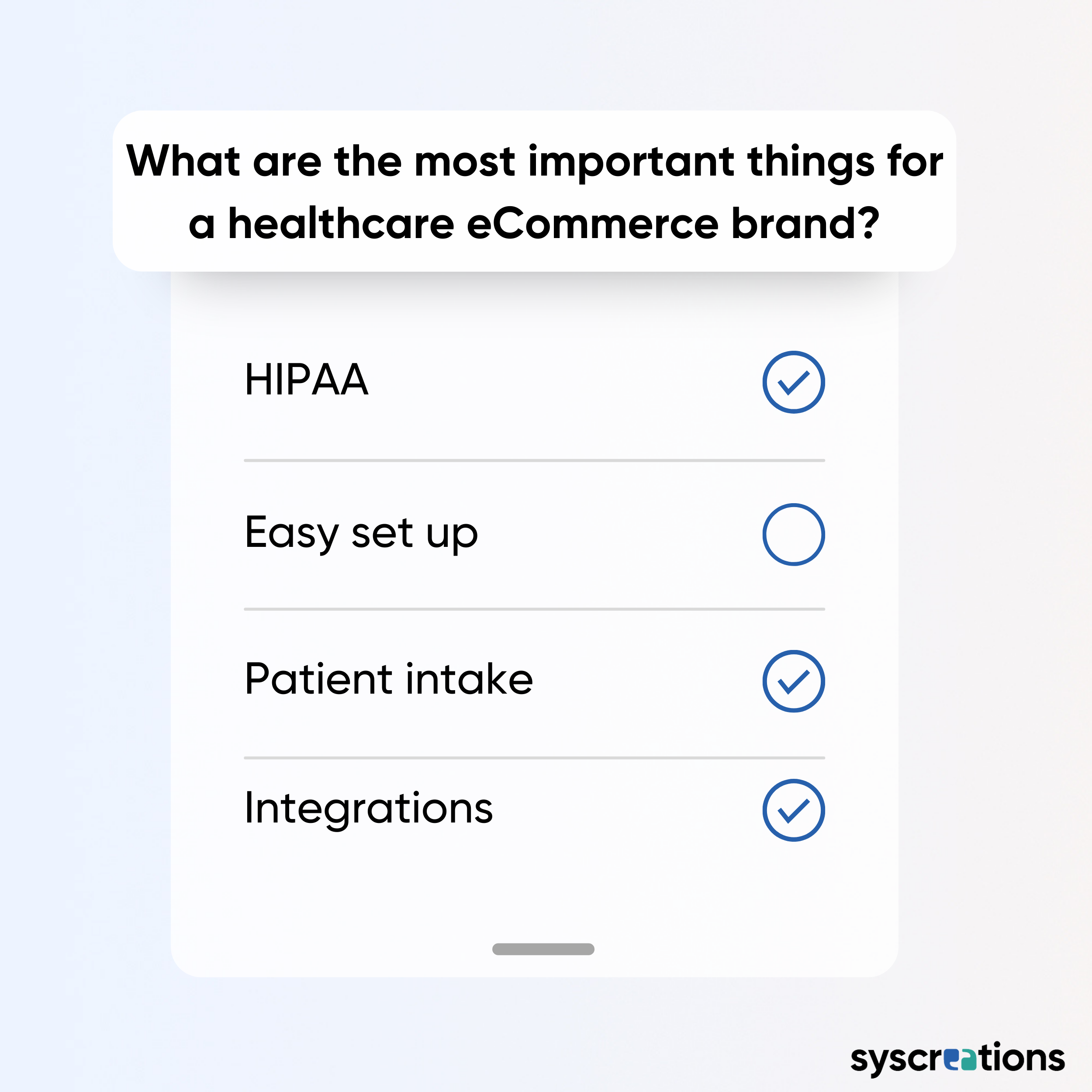
Why and Why not choose Shopify for your next healthcare eCommerce store?
Here presenting the pros and cons of Shopify for healthcare eCommerce in the simplest way.
